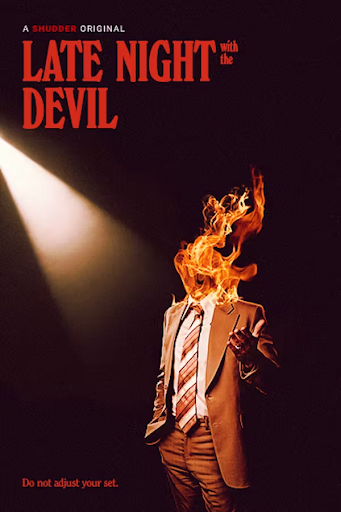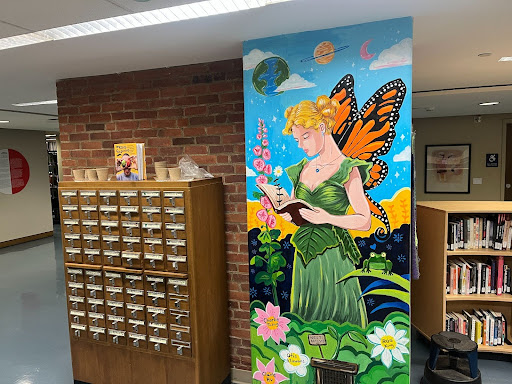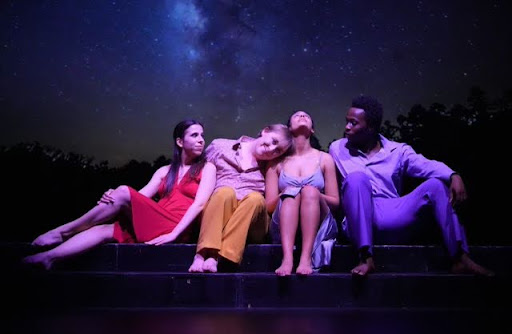Caroline Richards ’22
A&E Editor
With the film industry awards season in full swing and the Oscars being just one week away, it is no surprise that social media is abuzz with controversy over the Academy’s nomination list. Every year there are celebrities who tweet about being snubbed and a fair few who post pictures of themselves on Instagram receiving “the call” from the Academy informing them of their nomination (see @florencepugh). However, the underlying disgruntlement of this year’s media fiasco is not based on any one individual, but the overall lack of inclusivity and diversity that the Academy has (once again) displayed.
Though this shortcoming is nothing new (in 2015 the #OscarsSoWhite hashtag was trending on Twitter for weeks), the fact that it is still occuring is what has angered so many. Even after promising to include more women and minorities in their voting pool, women still make up only 32% and minorities a meer 16%. The rest are a majority white, male, and over 60, and the nominations in the past decade have reflected just that. To give a brief summary, this year there were no minority women nominated for Best Supporting Actress and only one (amen to Cynthia Erivo in Harriet) nominated for Best Actress. The men nominated for Best Supporting Actor were all white, and Antonio Banderas is the only minority included for Best Actor. People felt these numbers were especially unfair given the increase in movies this year that had so many diverse casts, including Harriet, Pain and Glory, The Farewell, The Last Black Man in San Francisco, and Hustlers. Many were upset over Jennifer Lopez (Hustlers) and Awkwafina’s (The Farewell) lack of nominations, believing that they did not get what they deserved for their roles in two movies that received outstanding reviews.
The whiteness and maleness only worsens in the category for Best Director, which is all male and all white, save for Bong Joon Ho for Parasite (which, in my humble opinion, deserves all the awards), again snubbing directors like Greta Gerwig for Little Women, Olivia Wilde for Booksmart, and Lorene Scafaria for Hustlers. Cinematography is all male, no surprise there considering the only woman ever nominated for that category was Rachel Morrison in 2017 for Mudbound; 2017 was the first time and she didn’t even win.
I recently saw that the New York Times-Gender account on Instagram posted an array of statistics regarding the Oscar nominations this year, and they were powerful as they are hardly believable. The numbers, gathered from a new report from the University of Southern California Annenberg School for Communication and Journalism, state that only 43 women (7%) have worked as directors in the 1,100 top films of the last decade; only four were women of color. And only five women have been nominated for Best Director in the 92-year history of the Academy Awards.
What is so staggering about these numbers is that they rightfully look at “The Top Movies” of the last decade, not “All Movies,” which is important because these are the movies that are being seen by a majority of the population, these are the movies that play over and over in theaters and are written about and praised by the media. It is these top movies that should aim to have the highest level of diversity and equality in all facets, from director to cinematographer to screenwriting. The focus on Best Director is also significant because it cannot be emphasized enough that directors play one of the most important roles, if not the most important role, in making a film.
The fact that women are still being blocked from this position is a reflection of so much more that is going on inside Hollywood and our culture as a whole. And if in 2020 this is still a problem, it is one that needs to be immediately and seriously addressed by the Academy, because this is totally unacceptable.
The next couple of years will be a real determining factor as to whether or not the Academy will succeed in diversifying and unifying their agenda. More and more people are boycotting the Awards simply for the lack of much needed diversity and more people will follow suit if things do not change; they need to adapt to the changing times and political climate.








+ There are no comments
Add yours